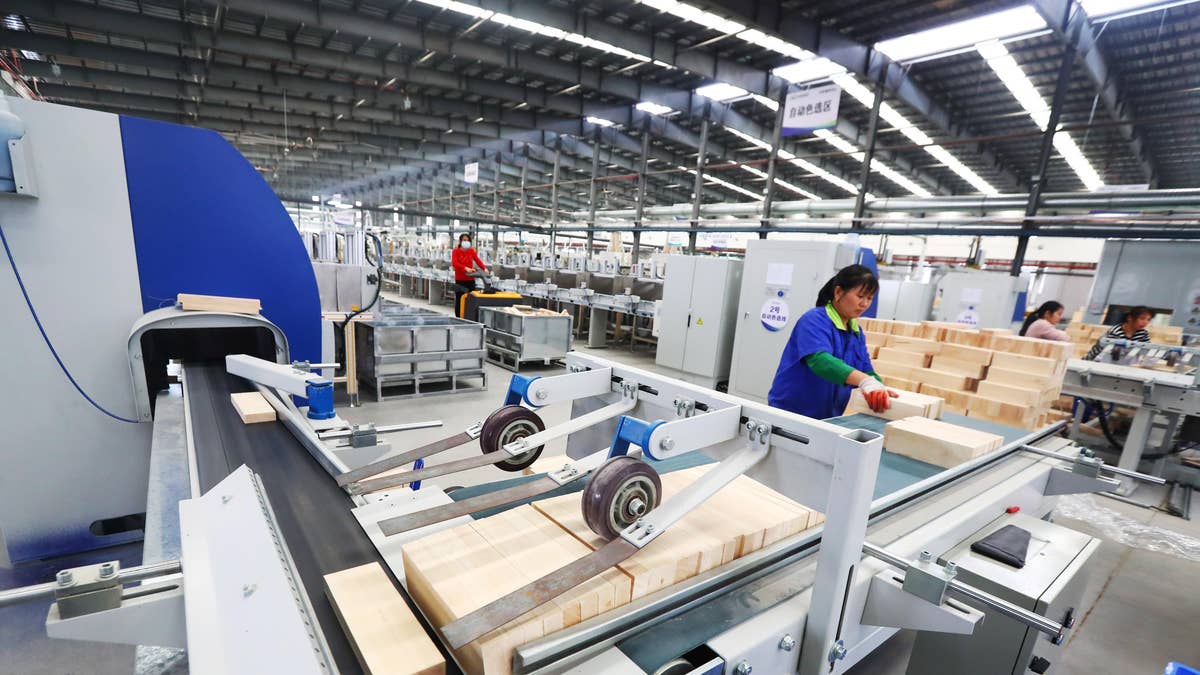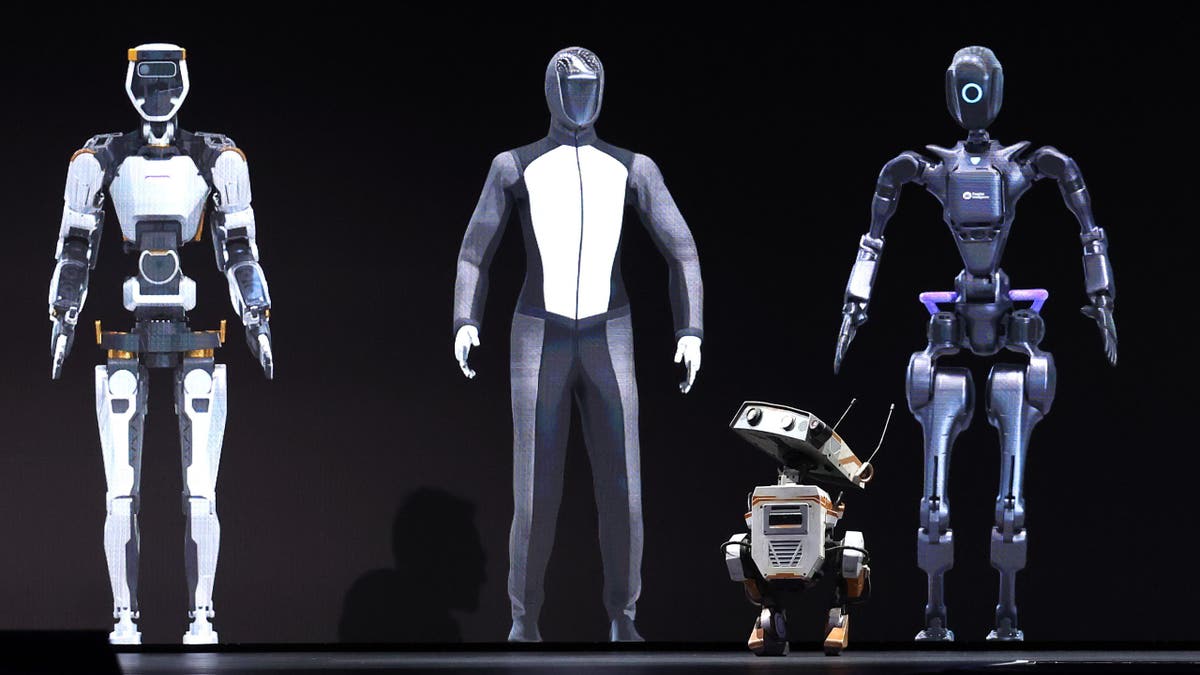New survey shows high school students aren’t ready for AI jobs
Fox News’ Eben Brown reports that more high school graduates are skipping college to join the workforce despite a new survey showing they don’t feel ready for high-tech jobs.
A new report from the International Monetary Fund (IMF) has rated countries on their ability to immediately adopt artificial intelligence (AI) into their economies, once again urging policymakers to ensure the life-changing tech "can benefit all."
"Under most scenarios, AI will likely worsen overall inequality, a troubling trend that policymakers can work to prevent," the IMF wrote in a blog post on its data. "To this end, the dashboard is a response to significant interest from our stakeholders in accessing the index."
The index measures a country’s AI adoption preparedness through four key measures: digital infrastructure, human capital and labor market policies, innovation and economic integration and regulation.
The index breaks countries into five brackets with a rating of 0 to 1, with a higher score representing more favorable AI preparedness, rating 174 countries.
WHAT IS ARTIFICIAL INTELLIGENCE (AI)?

Employees work at an intelligent furniture factory using 5G and artificial intelligence technology Oct. 21, 2020, in Ganzhou, Jiangxi Province of China. (Liu Zhankun/China News Service via Getty Images)
According to those ratings, the U.S. and the Netherlands top the chart with a .77 value of preparedness. Other highly-rated countries are Finland and Estonia with .76, New Zealand, Germany and Sweden with .75 and Australia, Japan and Israel with .73.
Taiwan, which is the beating heart of semiconductor production and the manufacturer of the most advanced microprocessors, surprisingly received a .67 rating.
Rival nations received worse ratings, with China at .64, Russia at .56, Iran at .38 and Venezuela at .27.
NATO'S $1.1B INNOVATION FUND INVESTS IN AI, ROBOTS AND SPACE TECH
India, an industrial powerhouse and a country that has rapidly ascended the ranks of major economies to overtake the U.K. as the fifth-largest economy starting in 2022, has a rating of .49.
At the bottom end — the countries least-prepared to adopt AI — were South Sudan with .11, Afghanistan with .13, the Central African Republic (CAR) with .18 and Somalia with .2. All other nations received ratings of .25 or higher.

A doctor using the AI document management concept. (iStock)
For countries like Afghanistan, the IMF lacks data on the economy, which may have skewed some of the data. Countries such as North Korea, Yemen, Eritrea and Turkmenistan did not appear on the map due to having "no data" about them.
The IMF warned that its data proved "challenging" to gather and synthesize, noting that "institutional requirements for economy-wide integration of AI are still uncertain."
NEW BLOOD TEST COULD DETECT DEVASTATING CONDITION YEARS BEFORE SYMPTOMS APPEAR
"As the dashboard shows, different countries are at different stages of readiness in leveraging the potential benefits of AI and managing the risks," the IMF wrote.
"In advanced economies, for example, some 30% of jobs could benefit from AI integration," the IMF explained. "Workers who can harness the technology may see pay gains or greater productivity, while those who can’t, may fall behind."

Nvidia is developing real-world robots equipped with artificial intelligence capabilities. (Justin Sullivan/Getty Images)
"Younger workers may find it easier to exploit opportunities, while older workers could struggle to adapt," it added.
Previous IMF analysis determined AI will transform roughly 40% of global employment, which is in line with historical effects of automation and information technology advancements. However, what sets AI apart as a challenge is the fact it will also impact high-skilled jobs. And in more advanced economies, up to 60% of jobs may be affected.
With its new analysis, the IMF has suggested countries with more advanced economies should look to expand social safety nets, invest in training workers and prioritize AI innovation and integration.
"Coordinating with one another globally, these countries also should strengthen regulation to protect people from potential risks and abuses and build trust in AI," the IMF said. "The policy priority for emerging market and developing economies should be to lay a strong foundation by investing in digital infrastructure and digital training for workers."

